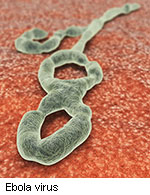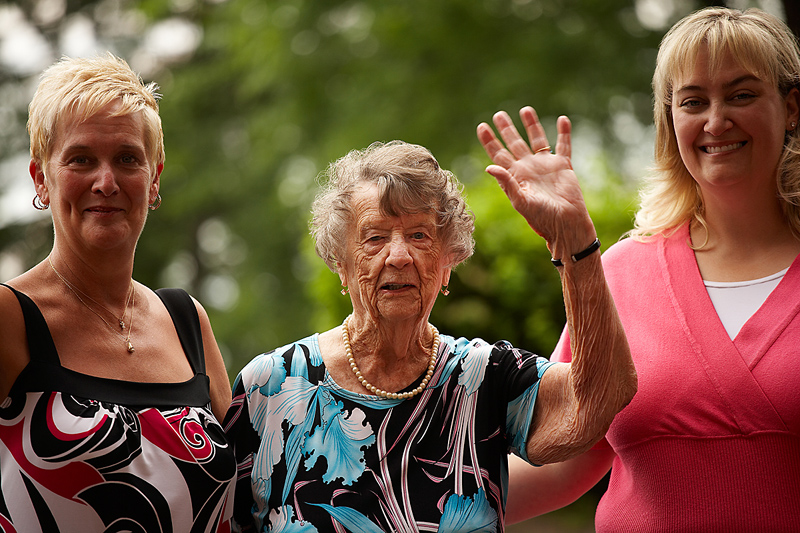
THURSDAY, Sept. 11, 2014 (HealthDay News) — An American medical missionary who survived infection with Ebola has donated blood to a colleague who’s struggling to fight his own infection with the often deadly virus.
Dr. Rick Sacra was given blood transfusions from Dr. Kent Brantly last Friday, shortly after arriving at the Nebraska Medical Center in Omaha. The 51-year-old Sacra has also been given an experimental drug and other treatments, hospital officials said.
Sacra and Brantly, 33, are good friends. Both work for missionary groups. They were infected while caring for patients in West Africa, where the Ebola epidemic has killed more than 2,200 people and infected more than 4,200 others. World Health Organization officials have said the outbreak could eventually infect more than 20,000 people.
The theory behind the transfusion therapy is that Brantly’s blood contains vital antibodies to the Ebola virus, and they may help Sacra’s immune system fight off the infection.
Sacra is showing signs of improvement, his wife, Debbie, and his physician, Dr. Phil Smith, the medical director of the Omaha hospital’s biocontainment unit, said at a news conference Thursday, USA Today reported.
Brantly himself was given a blood donation from a teenage survivor of Ebola while still in Liberia, one of the West Africa nations hit hard by the epidemic, the newspaper reported.
Four American medical aid workers have been infected with Ebola while working in West Africa. Brantly and colleague Nancy Writebol, 59, were flown from Liberia to Emory University Hospital in Atlanta last month for aggressive treatment that included the experimental drug ZMapp. Both recovered and are no longer contagious. It’s still not clear what role, if any, ZMapp played in their recovery.
The fourth infected American, so far unidentified, continues to undergo treatment at Emory.
Sacra is being treated at the Nebraska hospital because health officials want to make sure several U.S. medical centers are capable of combating the highly lethal disease.
At Thursday’s news conference, Sacra’s wife, Debbie, said, “It really meant a lot to us that he [Brantly] was willing to give that donation so quickly after his own recovery.”
Meanwhile, U.S. and World Health Organization officials have warned that the Ebola virus is spreading faster than health workers in Guinea, Liberia, Nigeria and Sierra Leone can work to contain it.
Dr. Tom Frieden, director of the U.S. Centers for Disease Control and Prevention, said Ebola is primarily being spread in West Africa in two ways: The first is among people caring for people with the disease, whether at home or in health-care settings and hospitals; the second is unsafe burial practices.
On Wednesday, the Bill and Melinda Gates Foundation, acting in response to the Ebola outbreak in Africa, announced it had pledged $50 million to help combat the epidemic. Bill Gates is the co-founder of Microsoft.
The money will be made available to United Nations agencies and international organizations involved in the response effort. It will enable them and national governments to purchase “needed supplies and scale up emergency operations in affected countries,” the foundation said in a news release.
The grant will also be used to develop therapies, vaccines and diagnostic tests to treat patients and prevent further transmission of the disease.
More information
For more on Ebola, visit the U.S. Centers for Disease Control and Prevention.
Copyright © 2026 HealthDay. All rights reserved.

